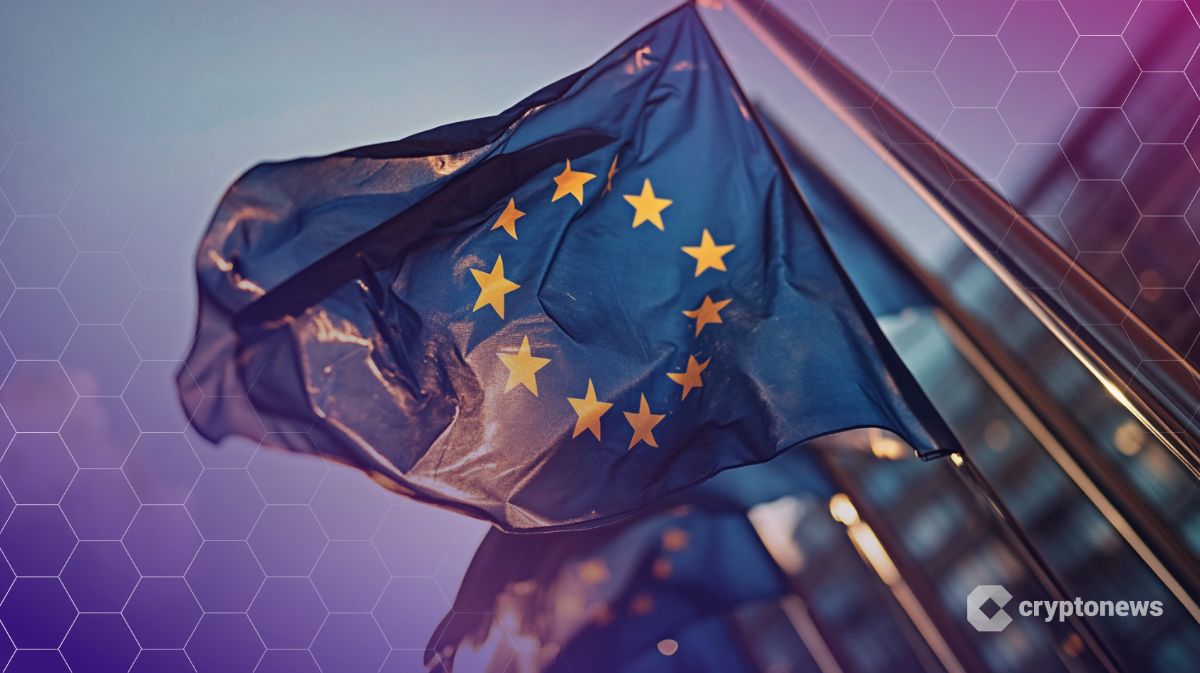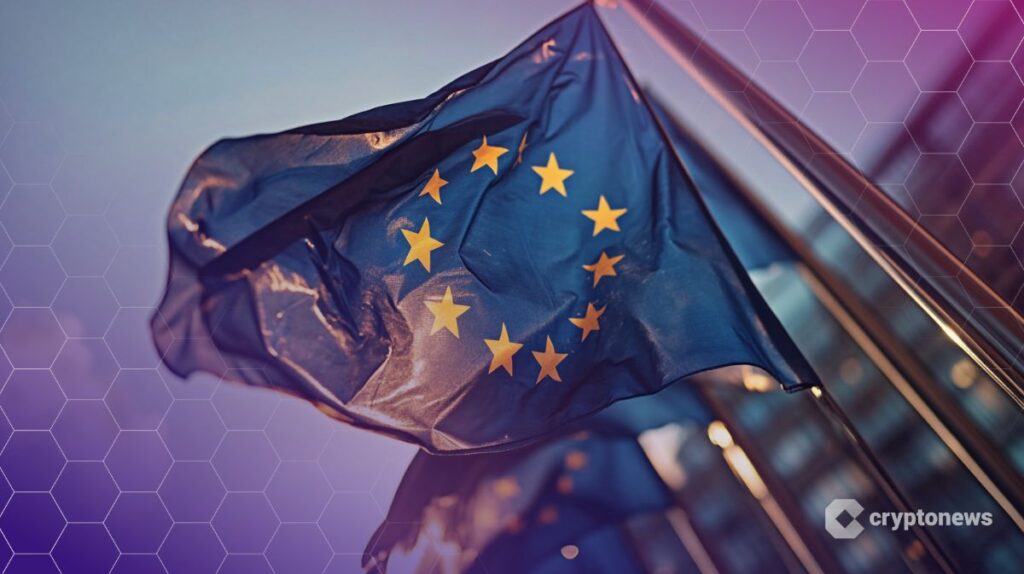
The European Union has approved a sweeping new package of sanctions against Russia, intensifying its economic campaign against Moscow’s war machine.
Key Takeaways:
- The EU approved a new sanctions package banning Russian LNG imports and tightening banking and crypto restrictions.
- The move came hours after the US imposed its own sanctions on Rosneft and Lukoil.
- The package also targets Russia’s “shadow fleet” and closes crypto loopholes used to evade sanctions.
The measures, endorsed Thursday in Brussels, ban imports of Russian liquefied natural gas (LNG), tighten restrictions on banks and cryptocurrency exchanges, and impose new travel limits on Russian diplomats, according to a report by The New York Times.
US and EU Align on Russia Sanctions, Targeting Rosneft and Lukoil
The decision comes just hours after US President Donald Trump announced his own round of penalties targeting Russia’s two biggest oil firms, Rosneft and Lukoil, marking a rare moment of synchronized pressure between Washington and Brussels.
“This is a clear signal from both sides of the Atlantic that we will keep up collective pressure on the aggressor,” European Commission President Ursula von der Leyen said on X.
The sanctions, first proposed in September, had been delayed for weeks after Slovak Prime Minister Robert Fico raised objections related to unrelated car regulations and energy concerns.
Those roadblocks were lifted late Wednesday. “It is extremely positive that we have reached an agreement,” said Denmark’s foreign minister, Lars Løkke Rasmussen.
“The sanctions have real impact and are hurting the Russian economy.”
A central feature of the new package is a phased ban on Russian LNG, a significant step given Europe’s past reliance on Russian fuel.
Short-term LNG contracts will expire within six months, while long-term deals will be terminated by January 2027, a full year earlier than previously expected.
The move is designed to fully wean the 27-member bloc off Russian energy supplies and prevent the Kremlin from using gas revenues to fund its war in Ukraine.
The sanctions also expand to cover cryptocurrency transactions, closing loopholes used to bypass earlier restrictions.
EU officials said Russian entities have increasingly turned to crypto exchanges and digital wallets to move funds internationally, prompting Brussels to include those platforms in the latest enforcement push.
In addition, the EU is stepping up efforts to dismantle Russia’s “shadow fleet,” a network of unregistered and often uninsured ships used to move oil outside of Western price caps.
More than 100 new vessels will be blacklisted, bringing the total to 558, according to Danish authorities.
EU Eyes Sanctions on Russian Ruble-Backed Stablecoin A7A5
As reported, the European Union is weighing a fresh round of sanctions targeting A7A5, a ruble-backed stablecoin that has rapidly become the largest non-US-dollar pegged token in the world.
The move would prohibit EU-based individuals and companies from interacting with the token, either directly or via intermediaries.
The EU’s efforts follow similar moves by the US and UL, which in August sanctioned Capital Bank of Central Asia and its director, Kantemir Chalbayev, along with Kyrgyz exchanges Grinex and Meer, all accused of helping Russia’s financial sector evade restrictions.
A7A5 was launched in February by A7, a cross-border payments firm owned by Moldovan fugitive banker Ilan Shor and Russia’s state-owned lender Promsvyazbank (PSB). Both entities are under US, UK, and European Union sanctions.
https://cryptonews.com/news/eu-approves-new-sanctions-on-russia-targeting-lng-banks-and-crypto-exchanges/




